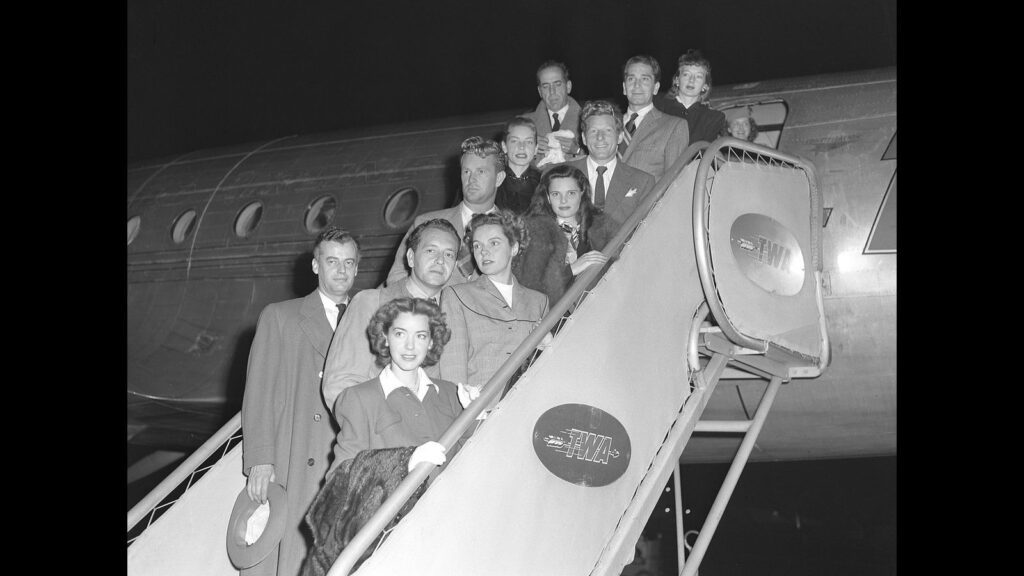Scores of artists and writers have initiated a call for cultural institutions across the U.S. to host events on November 21 and 22 to oppose the Trump administration’s attacks on democratic rights. Organized under the banner “Fall of Freedom,” this initiative includes prominent figures such as visual artists Robert Longo and Dread Scott, Pulitzer Prize-winning playwright Lynn Nottage, and novelist Jennifer Egan.
Endorsed by numerous cultural institutions, Fall of Freedom aims to unite the arts community against the rise of authoritarianism and threats to free expression. As artist Miguel Luciano mentioned, the movement seeks to celebrate the power of art and culture during what many perceive as a low point in American history. Egan emphasizes the importance of standing up for free thought.
Recent protests in the U.S. have highlighted artistic and cultural opposition to the Trump administration, addressing broader issues including attacks on immigrant rights and the preservation of democratic freedoms. The administration’s efforts to censor opposing views—seen in its attempts to cut funding for major arts institutions and universities—underscore the urgency of this initiative.
Concurrent with Fall of Freedom, actress Jane Fonda announced the revival of the Committee for the First Amendment to combat similar anti-democratic sentiments reminiscent of McCarthyism. This new committee has attracted notable supporters, stressing the need for collective action against government attempts to silence dissent.
While these artistic movements are welcome developments in defending freedom of expression, the article cautions against aligning them with mainstream political figures or parties that may dilute their impact. It argues for a focus on the working class as a vital force for change, emphasizing that a genuinely anti-capitalist mass movement is essential to counter the growing threat of fascism and dictatorship in society.



